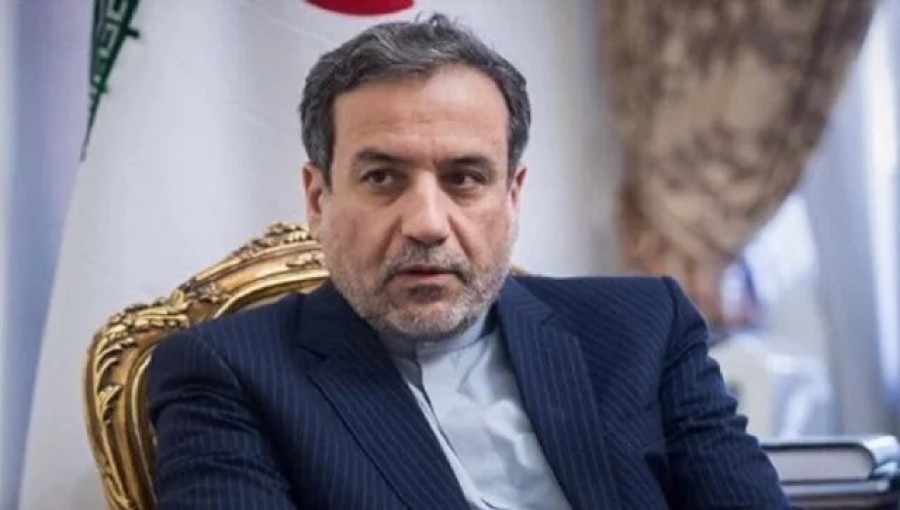Tehran, August 11 – Newly elected Iranian President Masoud Pezeshkian has nominated Abbas Araghchi, a seasoned and pragmatic diplomat, as Iran's next foreign minister. This nomination comes at a critical time of heightened regional tensions in the Middle East, particularly following the recent assassinations of Ismail Haniyeh, leader of the Palestinian Islamist group Hamas, and Fouad Shukr, a military commander of Hezbollah, both in Iran. These events have increased the risk of the ongoing Gaza conflict escalating into a broader regional war.
On Sunday, President Pezeshkian presented his proposed cabinet to the Iranian parliament for a vote of confidence. Iranian Parliament Speaker Mohammad Baker Ghalibaf announced that the parliamentary commission would review the proposed ministers over the next two weeks.
Abbas Araghchi, 61, is a veteran diplomat known for his realist approach. He was a key figure in Tehran's nuclear negotiations with world powers from 2013 to 2021 and played a significant role in crafting the 2015 nuclear deal with six superpowers. Although the deal was dismantled in 2018 by then U.S. President Donald Trump, who withdrew from it and reimposed sanctions on Iran, Araghchi's efforts were pivotal in shaping the agreement.
Before being succeeded by the hardliner Ali Bagheri Kani in 2021, Araghchi led Iran's negotiation team in a multilateral effort to revive the nuclear deal through indirect diplomacy with Washington, though these efforts ultimately did not succeed. Araghchi holds a PhD in political philosophy from the University of Kent and has also served as Iran's ambassador to Türkiye and Japan. During Mohammad Javad Zarif's tenure as foreign minister, Araghchi was the second most influential figure in the ministry.
President Pezeshkian, who was elected last month, campaigned on promises to improve Iran's relations with the world, adopt a pragmatic foreign policy, and relax social restrictions domestically. His nomination of Araghchi as foreign minister reflects his intention to steer Iran's foreign policy in a more balanced and diplomatic direction during these challenging times.





























Comment: